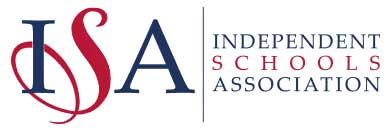History
We follow the National Curriculum.
In Key Stages 1 and 2 there is a two year rolling programme which enables children to progress confidently with the same teacher, whilst meeting the objectives over two years.
Key Stage 1
Year 1:
Remembrance Day, Great Fire of London, Seaside Holidays in the Past.
Year 2:
Toys from the Past, Florence Nightingale, Homes Long Ago.
Key Stage 2 Years 3 & 4
Year 1:
Vikings and Anglo Saxons, History of Railways in Britain, Egypt
Year 2:
World War II, Romans, Stone Age to Iron Age
Key Stage 2 Years 5 &6:
Year 1:
The Ancient Greeks, Victorian Times.
Year 2:
How has life changed in Britain since 1948, What can we learn about recent history from studying the life of a famous person? Tudor Exploration, Life of an evacuee in WWII.
Key Stages 3 & 4
Mr Bath takes History for the whole senior school.
History is part of the curriculum for all pupils in Years 7 to 11 and at Key Stage 3 it generally follows the recommended National Curriculum themes.
Throughout the senior school each pupil has their own text book.
Pupils are introduced to the idea of time and chronology and the use of sources and evidence to illustrate the events of the past and how to use them to help interpret the past and understand the idea of bias.
The subject is taught in a chronological manner starting with the departure of the Romans, and the arrival of the Anglo Saxons. England then remains a focus throughout Years 7 and 8 as we look at the changes following the death of Edward the Confessor, the Norman Conquest, castles, religion and life in the Middle Ages.
Focus on aspects of Tudor England in the first term and on Stuart England after Christmas. After February half term we look at the Jacobite cause and the Glorious Revolution. After Easter we look at Slavery in some detail, including looking at African history before Slavery. After the Whitsun half term, we have a brief overview of some features of the Industrial Revolution.
Focuses on the Titanic, Suffragettes, and the causes of the Great War, conditions in the trenches, the Treaty of Versailles and the emergence of Fascist Europe. World War Two is covered in detail. There is a study of the Holocaust using a variety of materials. The GCSE course starts after the Easter holiday in order to give two full years of study for GCSE. It starts with a study of Medicine.
Key Stage 4 Years 10 & 11
AQA History is the course followed. There are two papers, each with two units. In paper 1 the topics are: Germany 1890-1945 – Democracy and Dictatorship and Conflict and Tension 1918 – 1939. In paper two the topics are Britain: Health and the People 1000 to the present day; and Norman Conquest 1066 – 1100. There is some choice as to other topics if necessary. There is no course work, just final examinations at the end of Year 11. This subject is not tiered and there are no separate entry levels.
Further study to A level and beyond is thus well prepared for, should pupils wish to do so in History after Year 11.
Years 7, 8 & 9: 2 x 70 minutes per week.
Year 10: 2 x 70 minutes per week.
Year 11: 2 x 70 & 1 x 35 minutes per week.






